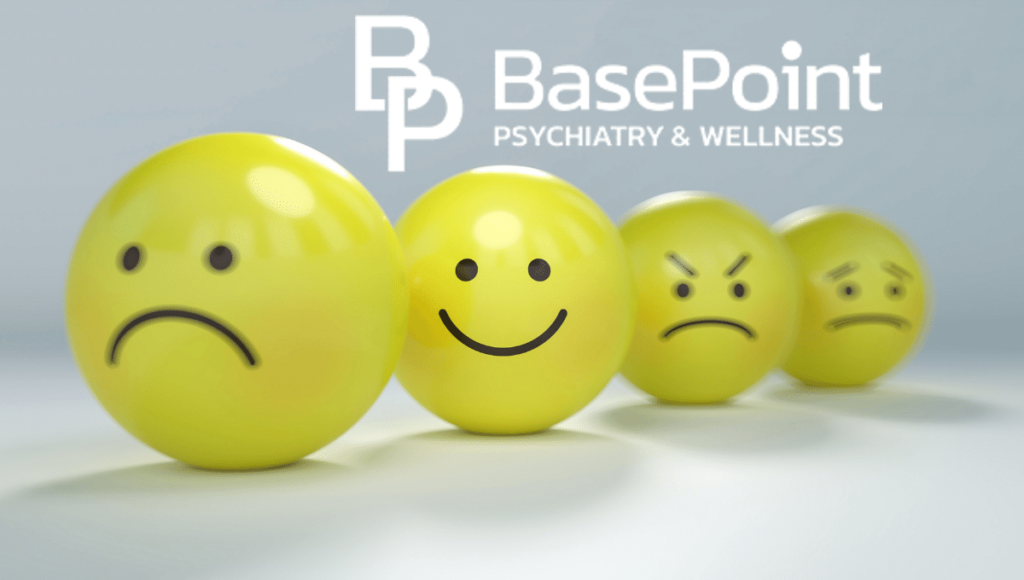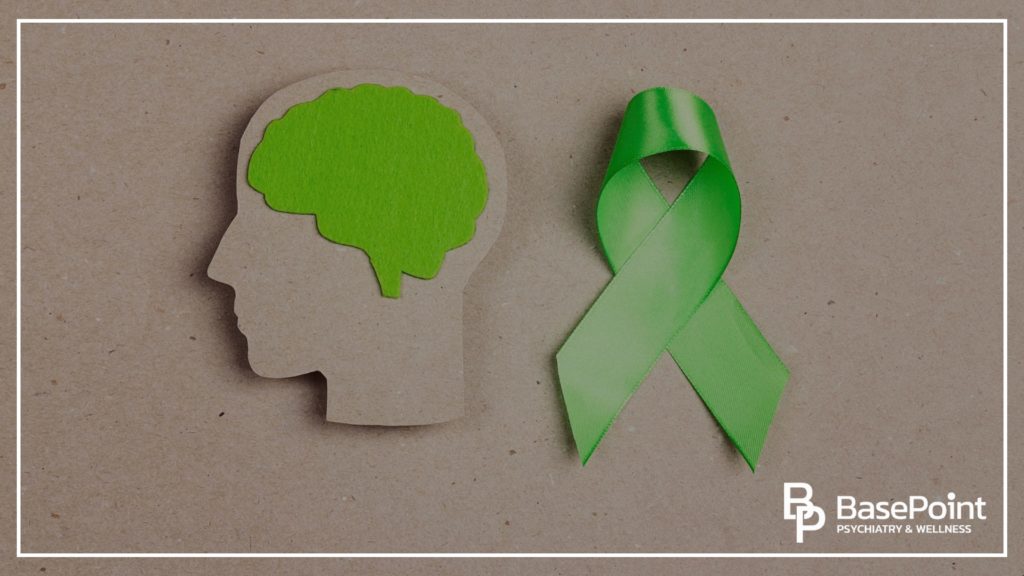Table of Contents
Supporting Teens to Overcome Sleep Challenges and Thrive
The relationship between social media and sleep disruption underscores the critical need to address teenage sleep patterns for healthier minds and bodies. At BasePoint Academy, we specialize in teen depression treatment in Dallas, Texas, offering solutions that tackle sleep hygiene for teens, helping them break free from unhealthy cycles influenced by screen time and social media.
We are committed to making care accessible for all families. BasePoint Academy accepts a variety of insurance plans and provides private pay options, ensuring flexibility to meet your unique needs. If your teen is struggling with the effects of social media on sleep or other mental health concerns, now is the time to act. Reach out to BasePoint Academy today to start the path toward a brighter, balanced future.
How Social Media Disrupts Teen Sleep Patterns
Teen sleep habits are facing a growing challenge from social media. Many teens spend hours scrolling through their feeds before bed, unaware of how this affects their rest. The blue light from screens can confuse the brain’s natural sleeping patterns, delaying the release of melatonin needed for sleep. This disruption can lead to interrupted sleep, difficulty waking up, and even sleep deprivation, all of which take a toll on a teen’s health and emotional well-being.
Understanding the effects of social media on sleep is essential for helping teens regain balance in their daily lives. From the impact of screen time on the teenage brain to tips for healthier sleep schedules, there’s much to uncover. Keep reading to learn how we can make positive changes for better sleep hygiene and overall wellness.
Spending too much time on social media has many negative effects on teens. One of the most significant ways screen time affects teens’ sleep hygiene is by using phones or computers before bed. The blue light from screens disrupts the body’s natural circadian rhythm, making it harder to fall asleep, and can cause sleep disorders such as insomnia. Sleep is a time for regeneration and repair, but blue light signals the brain that it’s daytime. A lack of sleep can contribute to many health concerns and makes it more challenging to deal with life in general. Teens and interrupted sleeping patterns can lead to an unhappy household.
How Much Sleep The Average Teen Needs
According to John Hopkins Medicine, teens require an average of 9.5 hours of sleep every night. Teens need more sleep than younger children do because their brains are maturing while their bodies are going through changes brought on by puberty. Teens are also adjusting to a new sleep-wake cycle through biological changes. Many teens consider themselves night owls, partly because their bodies don’t produce melatonin, a hormone that makes you feel tired, until 10 or 11 pm.
Getting enough sleep is essential for teens to manage these changes and the added stress of new academic and social responsibilities. Because teens won’t feel tired until later in the evening, they should at least be incentivized to get to bed as soon as possible. Good sleep habits help teens function better and prevent developing mental health disorders like depression and anxiety.
How Much Social Media Is Safe For The Teen Brain?
According to Columbia University, less than three hours of social media use daily is safe for teens. Some teens are online almost daily, preventing them from being present at home and school. Keep in mind that there is risk associated with social media platforms of all kinds, as one cannot be deemed as healthier than another. For parents, it is critical to have boundaries around social media use and to model positive behavior, such as not being on your phone during family meals and outings. You don’t need to have an all-or-nothing approach to social media. Using it once homework has been completed and not before bedtime, for example, can help reduce the amount of time spent on these platforms and technology.

How Social Media Affects The Teenage Brain
Social media can be addictive because it lights up the brain’s reward centers. Teens are more vulnerable to social media misuse or overuse because of peer pressure, as social media platforms are one of the primary ways teens communicate. Social media also conditions the brain to pay attention to things that are not important in real life, such as the number of likes on photographs. Because the brain is conditioned to pay attention to these virtual measures of popularity, it may become less adept at reading facial expressions and other important interpersonal skills. Social media can become an all-consuming activity that takes away from real-world experiences and can contribute to low self-esteem and other emotional issues. Here are a few other ways social media affects teenagers:
- Negative self-image
- FOMO
- Dealing with cyberbullying
- Increased rates of teen depression
Negative Self-Image
Social media platforms are full of edited and filtered photographs that can begin to look real as time passes. The irony is that people don’t look like their digitally altered versions. Teens are very impressionable. However, they often compare themselves to these so-called perfect images, and begin to feel unhappy with how they look when they fail to measure up to the images shared by their favorite celebrity or social media influencer.

Fear Of Missing Out (FOMO) Is Real
When social media use becomes a priority, teens can develop a real fear of missing out, also known as FOMO. FOMO is the feeling that important things are happening and wanting to know what those things are. Social media is a way to feel like you are involved in other people’s lives, even if you aren’t participating. This indirect involvement can be soothing and highly addictive, as feelings of FOMO are linked to problematic social media use and mental health disorders such as depression and anxiety.
Dealing With Cyberbullying
The teen years are a formative time, especially in regard to social situations. While you might hope that teens’ social lives would be authentic and uplifting, bullying happens across all ages and peer groups. Cyberbullying is even more of an issue with teenagers because technology is an extension of their social lives. Teens can be excluded from chats, unfollowed by classmates, or sent unkind comments. Cyberbullying contributes to teen stress and, in some cases, can take a major toll on teens’ mental health and well-being, no matter what aspect they are involved in. Teens can be passive witnesses out of fear of being targeted, and many teens suffer immensely as victims of cyberbullying, which can cause severe depression and lead to suicide. Even the aggressors themselves suffer, as there will sometimes be consequences for that kind of behavior.
The Rise Of Teen Depression
Social media has contributed to the rise of teen depression because of the toxic environment it creates for teenagers. Too much time spent online detracts from school work and home life, making it more challenging to be present. Symptoms of untreated depression include fatigue, interrupted sleep patterns, apathy, and suicidal thoughts. Depression treatment for teens may include Cognitive Behavioral Therapy and practical lifestyle changes to improve sleep hygiene, such as reduced time playing video games or engaging in social media.
How We Can Help You
At BasePoint Academy, we have years of experience treating teen depression in safe, family-oriented settings. We specialize in teen treatment for depression and offer IOP and PHP programs tailored to meet your teen’s specific needs. Untreated depression only worsens as time goes on and can increase the risk of self-harm and suicide. Depression in teens can be triggered by a lack of sleep, poor sleep hygiene, and unmanageable stress. Signs of stress in teens include disrupted sleep patterns, irritability, and social isolation. Contact us today if you or a teen in your life are struggling with depression.
Teen Counseling & Therapy in Dallas/Fort Worth
Situated within easy reach of Dallas and Fort Worth, BasePoint Academy operates facilities in Arlington, TX, Forney, TX, and McKinney, TX. As a premier destination for adolescent mental health treatment, we focus on addressing the unique challenges posed by behavioral and mental health disorders that can hinder a teenager’s journey towards a balanced life. Our comprehensive suite of services, encompassing counseling, therapy, and specialized treatment programs for teen behavioral health, are not just accessible but also financially feasible, thanks to our acceptance of health insurance and provision of flexible payment plans. In recognition of the importance of education, we offer Intensive Outpatient (IOP) and Partial Hospitalization Programs (PHP), allowing for seamless integration of treatment schedules with academic commitments.
As a brand, BasePoint Academy embodies a voice that is professional, informative, and persuasive. We leverage our expertise and credibility in mental health treatment by sharing expert testimonials and employing emotive language and descriptive phrases. Our storytelling approach, coupled with clear headings, underscores the effectiveness and uniqueness of our programs. Further enhancing our accessibility, we offer free mental health assessments, testament to our unwavering commitment to being a reliable partner in your child’s mental health journey. At BasePoint Academy, our ultimate objective transcends mere symptom treatment; we aim to empower teens to successfully navigate adolescence and evolve into the best versions of themselves.
Depression Related Articles
- Signs Of Bipolar Depression In Teen Boys and Girls
- Endogenous Depression | What Is Endogenous Depression?
- Situational Depression | Symptoms of Situational Depression
- Cost of Depression Therapy Treatment for Teens and Adolescents in Dallas, Texas
- Individual Therapy For Teens In Dallas, Texas
- What Depression In Teen Girls Looks Like
- What Depression In Teen Boys Looks Like
- Depression Treatment Center for Teens and Adolescents in Dallas, Texas
- Free Depression Assessment and Testing for Teens & Adolescents in Dallas, Texas
- Luxury Depression Treatment Centers for Teens and Adolescents


